|
LISTEN TO THIS THE AFRICANA VOICE ARTICLE NOW
Getting your Trinity Audio player ready...
|
The United States is reevaluating the future of its Africa-focused military command in a move that could reshape its security footprint across the continent. General Michael Langley, head of U.S. Africa Command (AFRICOM), Tuesday confirmed the reassessment during a high-level defence summit in Nairobi, Kenya, calling on African governments to weigh in as Washington mulls potential structural changes.
AFRICOM, established in 2008 to centralize and coordinate U.S. military activity in Africa, could be folded back into the European Command (EUCOM), according to reports that surfaced earlier this year. The idea, floated during the Trump administration and still under quiet review, is part of broader efforts to streamline military bureaucracy and shift strategic priorities.
But the proposal has triggered concern among African leaders, who fear a downgraded AFRICOM could signal waning American commitment to regional stability, especially as geopolitical rivals like Russia and China expand their influence on the continent.
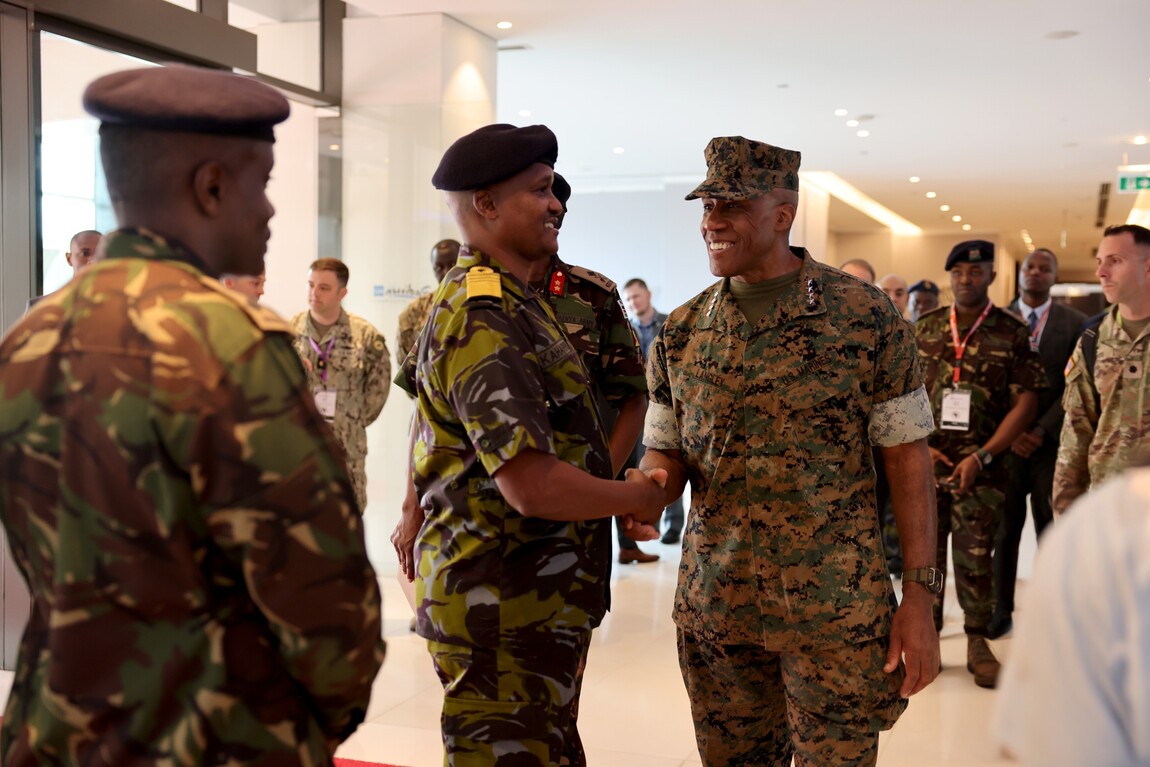
General Langley, who has led AFRICOM since 2022, said he’s been holding conversations with African defence ministers and even heads of state about the possible shake-up. “I’ve told them we’re assessing options,” he said during a press briefing. His advice to African leaders: let your voice be heard in Washington.
“If AFRICOM matters to your country’s security, then that message should be clearly communicated, through your ambassadors and diplomatic channels,” Langley added.
The creation of AFRICOM in the late 2000s was driven by a recognition that Africa’s complex security landscape, including extremist violence, maritime threats, and rising foreign competition, needed tailored oversight. Before that, U.S. military operations in Africa were split among three other commands, creating strategic blind spots and coordination challenges.
But today, AFRICOM’s role appears more fragile than ever. The command’s presence in West Africa, once a key area of engagement, has been drastically reduced following a wave of military coups in the region. Juntas that seized power in Mali, Burkina Faso, and Niger have cooled relations with the U.S. and increasingly courted Russia as a security partner.
Niger, once a cornerstone of AFRICOM’s counterterrorism operations in the Sahel, last year demanded the withdrawal of nearly 1,000 American troops and ordered the U.S. to vacate a state-of-the-art drone base reportedly worth over $100 million. The decision came just months after similar breaks with France, another long-standing Western partner.
Despite the setbacks, Langley emphasized that the U.S. has not completely severed ties with the region’s new military rulers. He acknowledged that intelligence sharing and informal security dialogues are still ongoing in some cases, though through more limited channels.
“We’re exploring other pathways to remain engaged, even where formal cooperation has paused,” he said.
The review of AFRICOM’s future comes at a time when Washington is struggling to define its Africa strategy amid shifting global priorities. While the Indo-Pacific and Eastern Europe dominate the current security agenda, Africa continues to face chronic instability in the Horn, the Sahel, and Great Lakes regions, all of which could have global ripple effects.
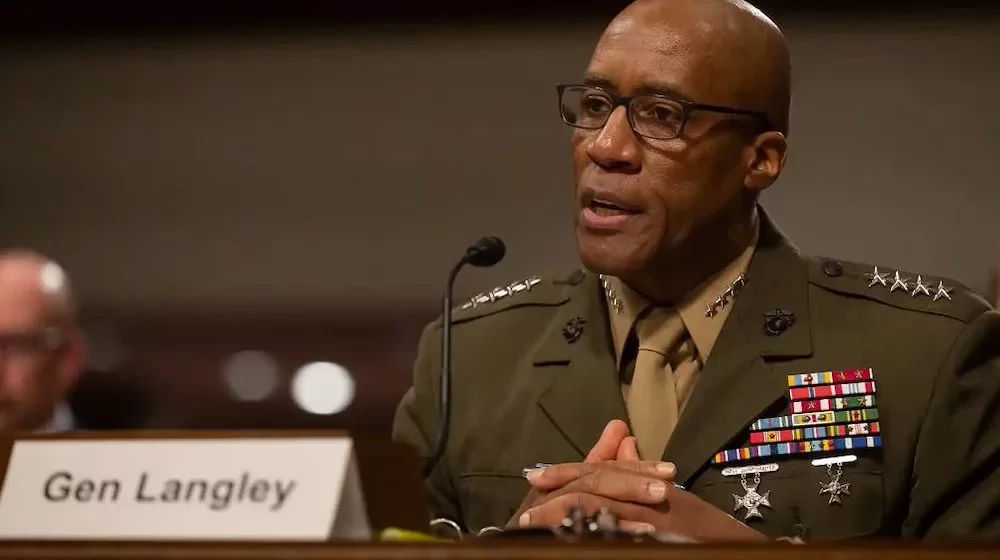
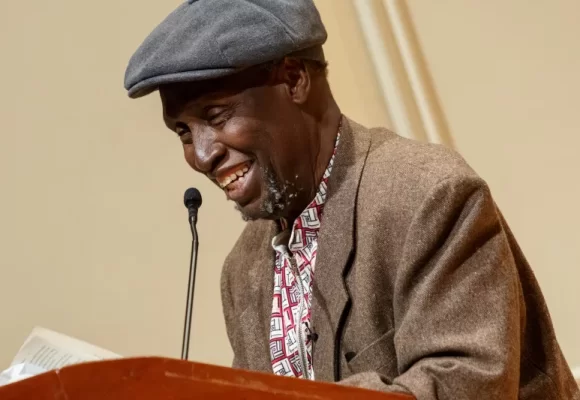
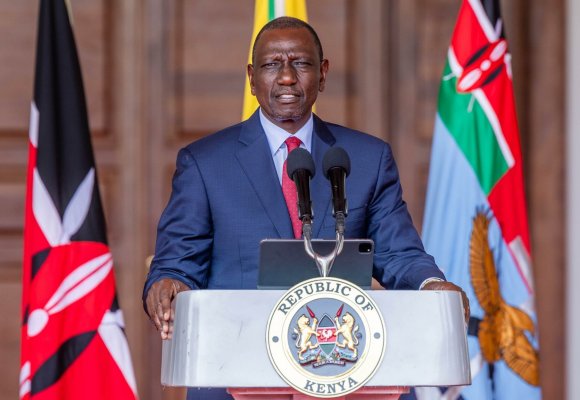


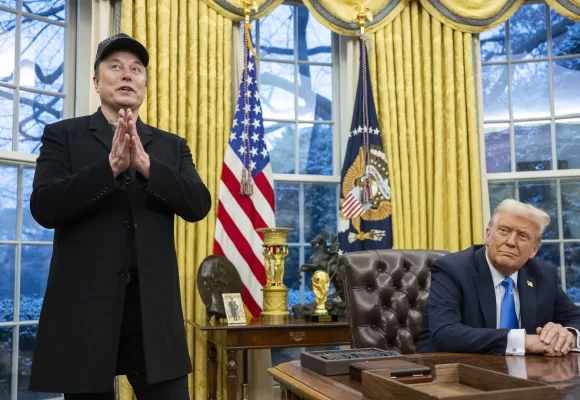

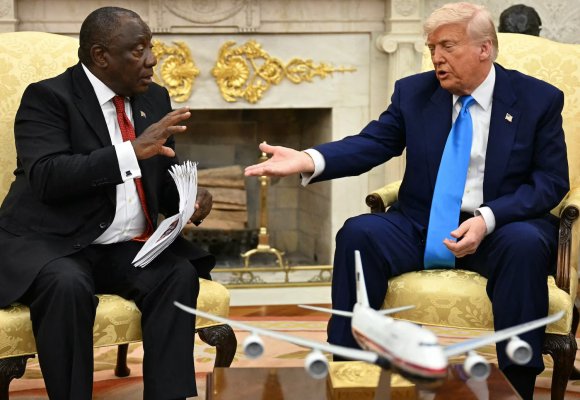
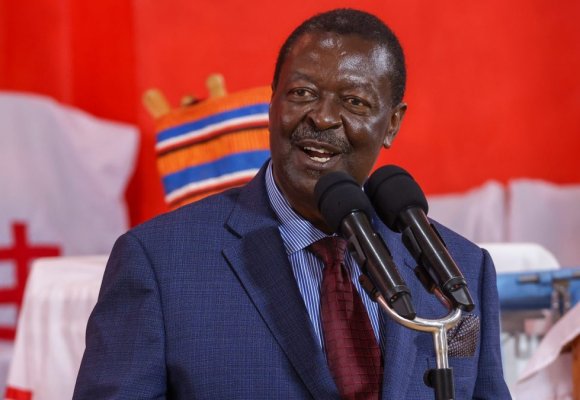
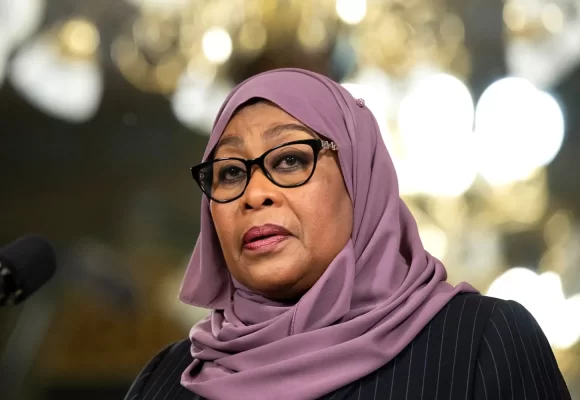
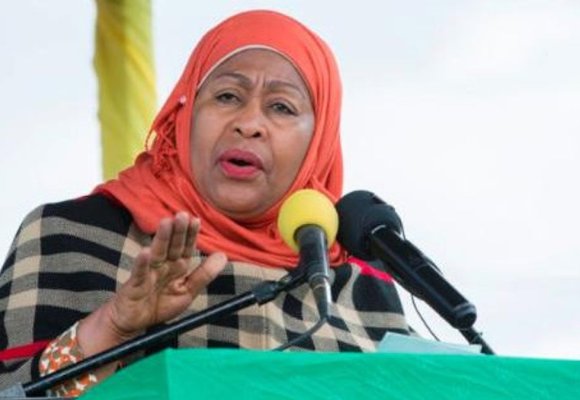
LEAVE A COMMENT
You must be logged in to post a comment.